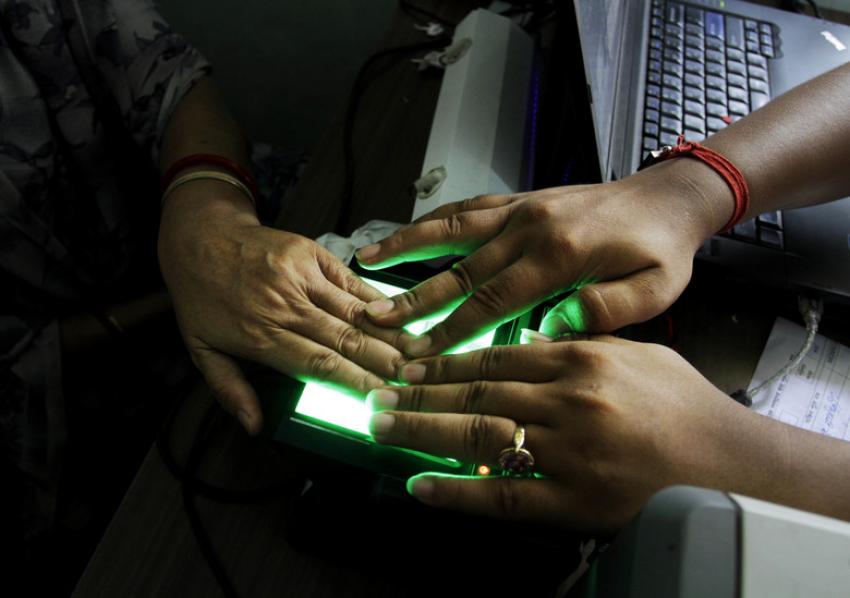Implications of Right to Privacy
September 5, 2017 | Expert Insights

Part III of the Constitution of India guarantees certain fundamental rights to the citizens. Article 21 which states that no person shall be deprived of his life and liberty except as prescribed by law. The judgement passed by a nine-judge bench on 24th August 2017 has made progressive impact by confirming right to privacy as a fundamental right protected under Article 21. This historic judgement has not only altered how privacy is interpreted. It also has varied implications on how other rights of the citizens are guaranteed and protected.
Background
The legitimacy of right to privacy was put under the spotlight when the Attorney-General of India on 11th August 2015 declared this right was not protected under the ambit of the Constitution. This declaration was made during the proceedings which challenged the Aadhar Scheme. The three-judge bench in this case referred it to a five-judge bench which further referred it to the nine-judge bench. The six-day proceedings of the case witnessed the Union government supported by various state governments, Unique Identification Authority of India, Telecom Regulatory Authority of India. The claims made by these authorities were found to be in sync with the declarations made by the Attorney General in 2015, thought they were ultimately rejected by the court. Spanning over 547 pages, the judgement saw Six out of nine judges namely Justice Chelameswar, Justice Bobde, Justice Nariman, Justice Sapre, Justice Chandrachud and Justice Kaul – delivering separate opinions. Justice Chandrachud wrote on behalf of CJI Kehar, Justice Aggarwal and Justice Nazeer.
Analysis
The landmark judgment has varied implications not just in the present but also will affect the future. These implications can already be seen in privacy in terms of online behavior, eating habit, sexual behavior to welfare schemes.
Sexual orientation, gender identity and women’s bodily autonomy are now protected under the right to privacy and human dignity. This step can be seen as a boost to not only empower women but also protect and promote LGBT (lesbian, gay, bisexual and transgender) rights. The NAZ foundation case which criminalized Section 377 of the Indian Penal Code will now be subjected to scrutiny and questioning its validity.
India does not permit euthanasia. However, in the judgment Justice J Chelameswar wrote, “An individual’s rights to refuse life prolonging medical treatment or terminate his life is another freedom which falls within the zone of the right to privacy…”. This has now opened the forum questioning validity of laws which disallows medically assisted suicide.
In his concurring opinion Justice J Chelameshwar stated that "Concerns of privacy arise when the state seeks to intrude into the body of subjects. Corporeal punishments were not unknown to India, their abolition is of a recent vintage. Forced feeding of certain persons by the state raises concerns of privacy,". Ban of certain food such as beef, women’s freedom to abort as well as choice of clothes a woman wears now falls within the ambit of right to privacy.
The pending Aadhar case will definitely be affected by this judgment. On 30th August 2017 the Supreme Court heard a fresh batch of petitions questioning the validity of various aspects of the Aadhar Scheme. The Center has now pushed the deadline of mandatory Aadhar in case of availing welfare schemes to December 31 from the earlier September 30. Attorney-general KK Venugopal urged the Supreme Court to set up a five-judge Constitutional Bench to hear and decide the Aadhar related matters. The Court will look into matters such as mandatory parting of biometric details like iris scans and fingerprints, the use and sharing of data collected under the programme, making Aadhaar mandatory for social welfare benefits as well as making Aadhaar mandatory for filing income tax returns and for obtaining and retaining a permanent account number in the light of the new privacy judgment.
Assessment
Our assessment is that though right to privacy is now a fundamental right, it is not absolutely right. It is subjected to the restrictions imposed by law. The judgment has undone the mistakes of the past. Today India is on par with the European Union in recognizing the right to privacy. This could prove to be a positive stride in India making strong data protection laws, which would prove to be beneficial in the growth and development of the country.








Comments